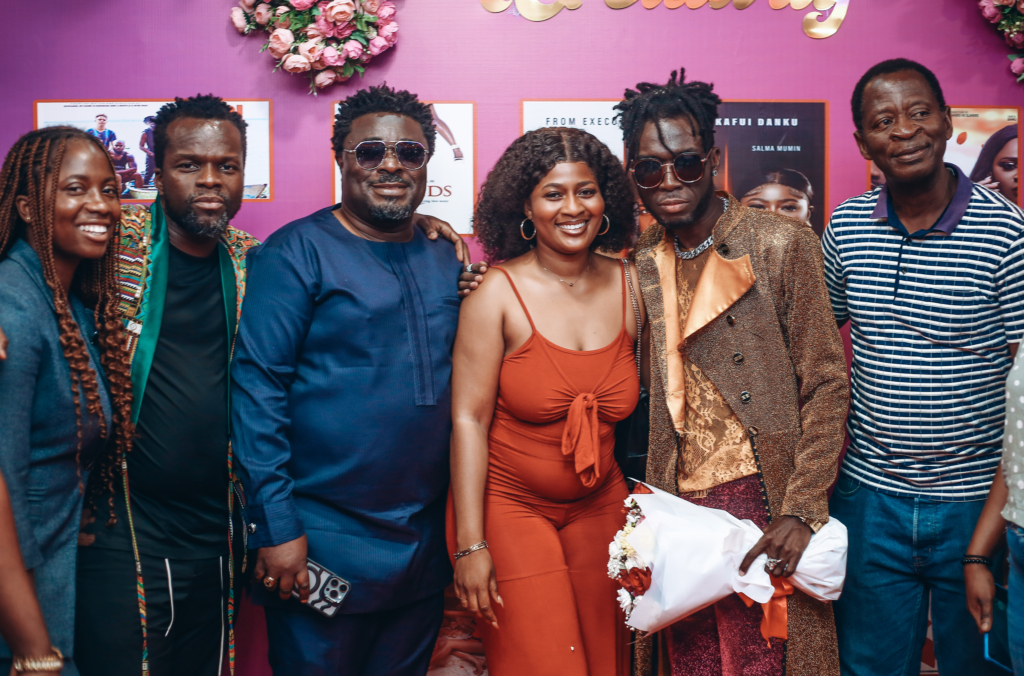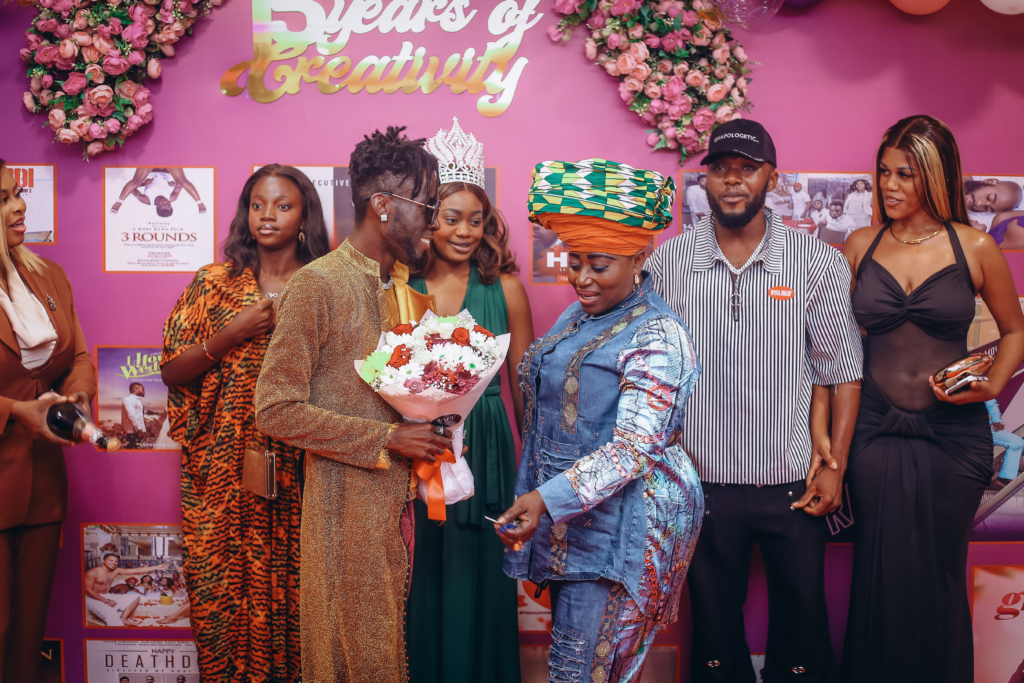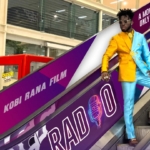
Ghanaian filmmaker and multi-hyphenate creative Kobi Rana is celebrating 15 years in the industry not with a retrospective, but with a bold experiment.
His latest project, Radio, is a one-actor feature that transforms a single studio into a stage for suspense, comedy, and fear.
To mark the milestone, the actor, director, musician and all-round creative dropped Radio, a one-actor feature that turns a single studio into a stage for suspense, comedy and fear and its lone performer into an entire movie.
The film opens like a late-night broadcast.
Kobi Rana plays Sugar, a charismatic radio host who fronts Confessions, a show where callers reveal secrets of lust, betrayal, and heartbreak.
The film slowly shifts from routine to nightmare when a chilling call from a seven-year-old reporting abuse changes the course of the night.
The tension escalates when an anonymous antagonist calling himself Punisher starts sending threats.
The menace turns physical when Sugar’s drink is poisoned and the host is forced to follow cruel rules on air while paralysis slowly takes hold.
The film mixes live radio ritual, black comedy and suspense into a tight 90-minute ride.
Kobi Rana carries the film. His ‘Sugar’ is charming, quick with advice and then suddenly frayed by fear.
The movie gives him space to move from ease to panic, from showman to vulnerable human.
A surprising musical and dance interlude borrows the spirit of Bollywood-style spectacle and then snaps back into the tension, keeping viewers off balance in a very deliberate way.
The plot escalates with scenes that read like live radio terror.
Threatening texts become a poisoned drink.
A caller forces Sugar to read scripted confessions on air while his body betrays him.
A frantic attempt to help a child collapses when emergency services cannot track the call.
A gunshot and a final twist that points to a betrayed spouse force the film to ask hard questions about celebrity, secrecy and public confession.
Radio premiered at Silverbird Cinema, Accra Mall, to a packed house.
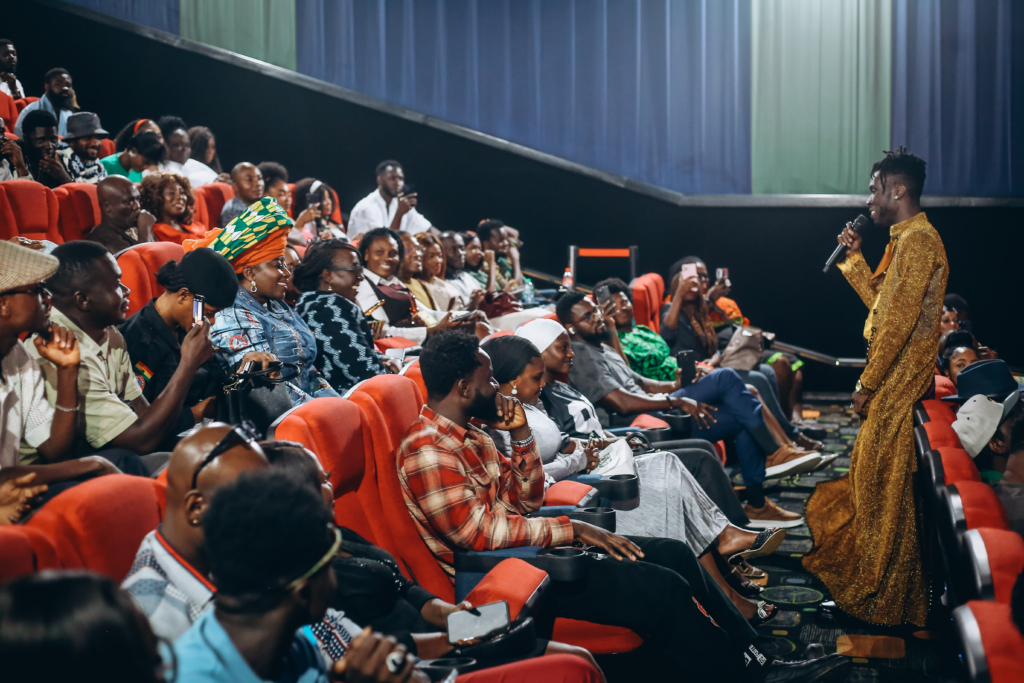
The screening was attended by an impressive mix of film and media figures, including Lydia Forson, Ken Attoh, Martha Ankomah, Kafui Danku, Jeffrey Nortey, Big Ghun, and Akumaa Mama Zimbi.
The Minister of Tourism, Arts and Culture, Dzifa Abla Gomashie, was also present as a special guest.
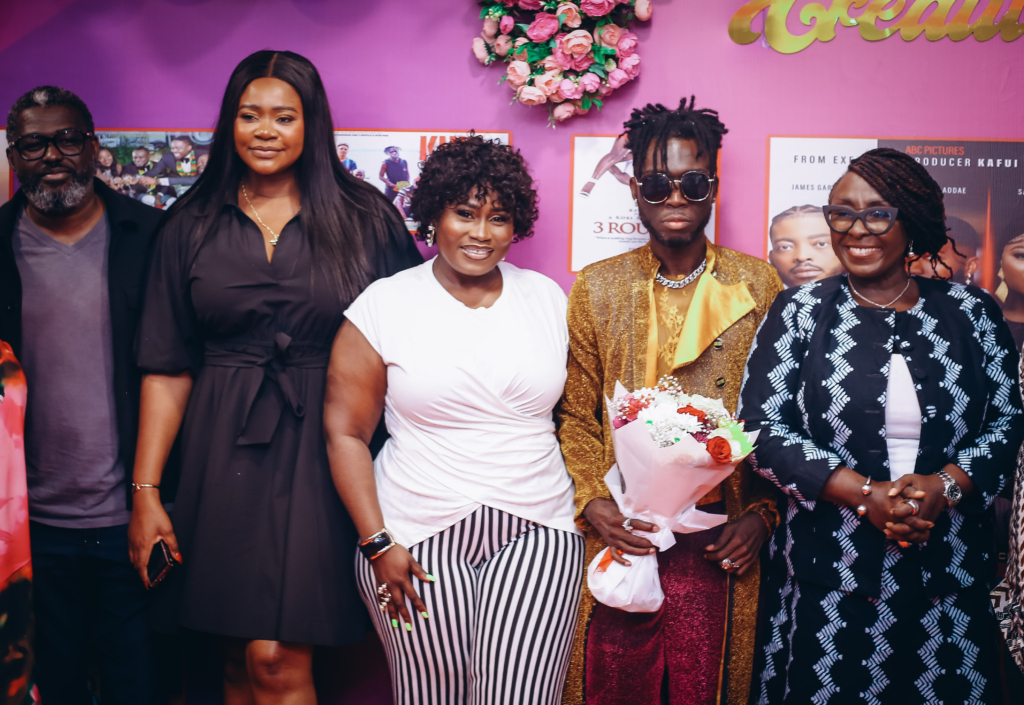
The premiere marked not just a milestone but also a statement that Kobi Rana is unafraid to test form, audience, and storytelling boundaries in Ghana’s film space.
What makes the film work is its attention to small, authentic details.
Callers sound like real late-night voices: funny, crude, distracted, and sometimes heartbreaking.
‘Sugar’s’ wardrobe, his mic-side charm, and the little technical glitches of live radio lend the picture an almost documentary feel.
At its core, Radio doubles as a mirror.
It asks whether public confession is healing or self-destruction in the age of clout.
It questions how much truth belongs to the individual and how much is consumed by celebrity culture.
For fans of Ghanaian movies, the film is a sharpened, sometimes savage reminder that cinema can be both intimate and brutal.
Kobi Rana’s 15-year celebration is less a greatest hits reel and more a dare.
Radio is a film that relies on a single actor to steer an audience through laughter, revulsion, and sympathy.
If you like movies that make you listen as much as you watch, this one insists you do both.
